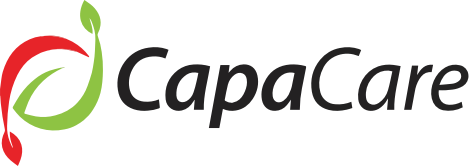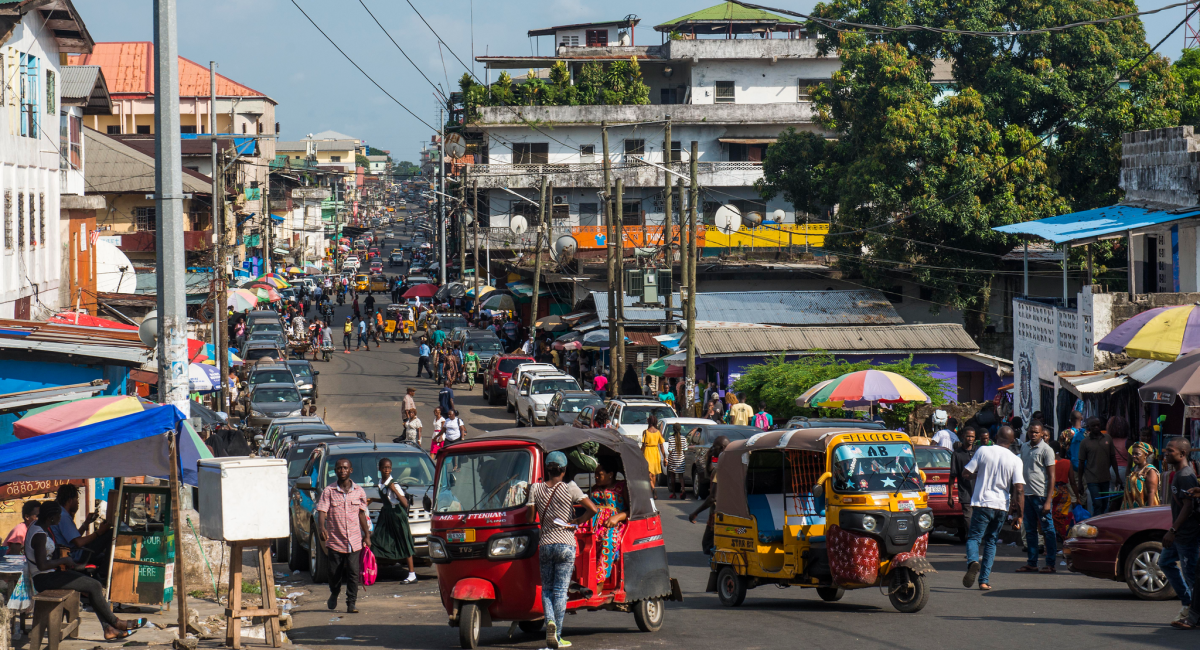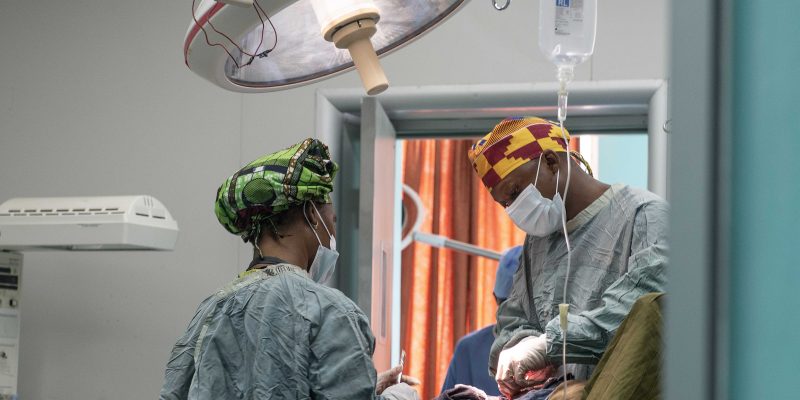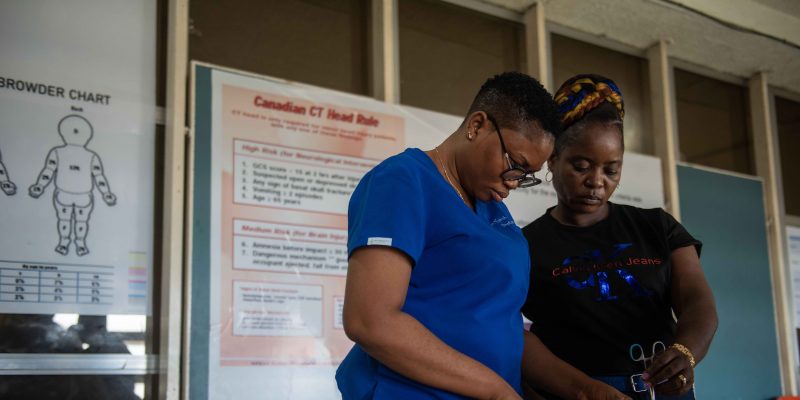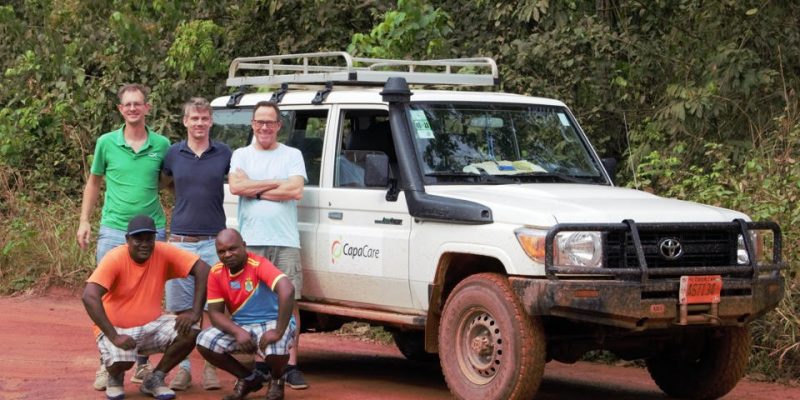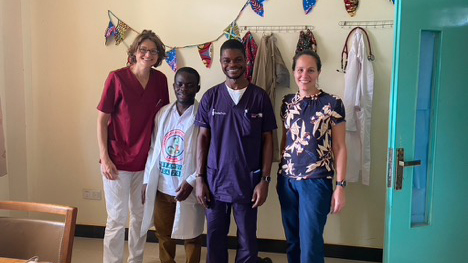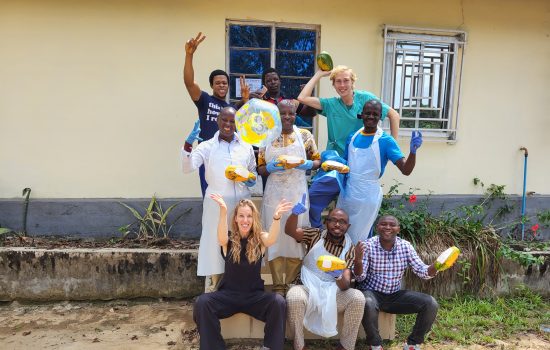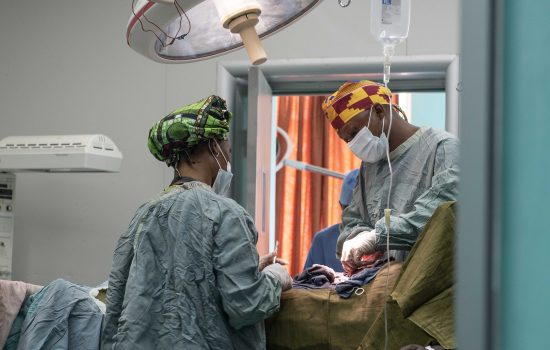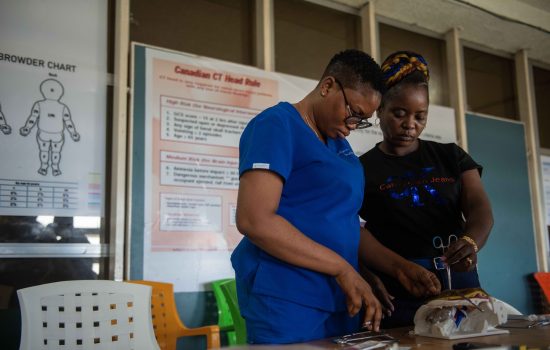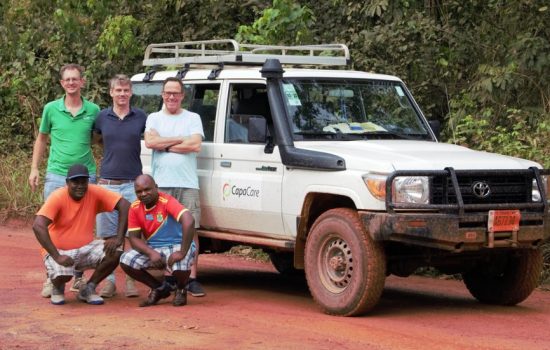It is now ten years since the first students started their journey in the Surgical Training Programme (STP) in Sierra Leone. This was the start of CapaCare providing training in life-saving surgical and obstetric skills. The vision of the organisation is to contribute to sustainable healthcare systems through capacity building in underserved populations. During 2021 we are reflecting on the last ten years by interviewing people every month that have played an important role in the development of the organisation and Programme. This month we look forward and have interviewed Katja Maschuw and Juul Bakker. Both are involved in the preparations to expand the CapaCare programme into Liberia.
- Can you describe briefly what your role is or has been in CapaCare?
Katja: I came in contact with CapaCare in 2013 while working with German Doctors in Serabu hospital. CapaCare was sending students from the Surgical Training Programme there for their rotations. The program impressed me deeply. In 2017 I joined CapaCare as a trainer. Since then I have committed more and more of my time to the project work by reducing working hours back home. From January 2022, I will start to work full-time for CapaCare in the Liberia project.
Juul: Through Josien Westendorp, I came in contact with CapaCare and joined as an obstetric trainer. For the Master in International Health, I wrote my thesis about surgical productivity in Sierra Leone.
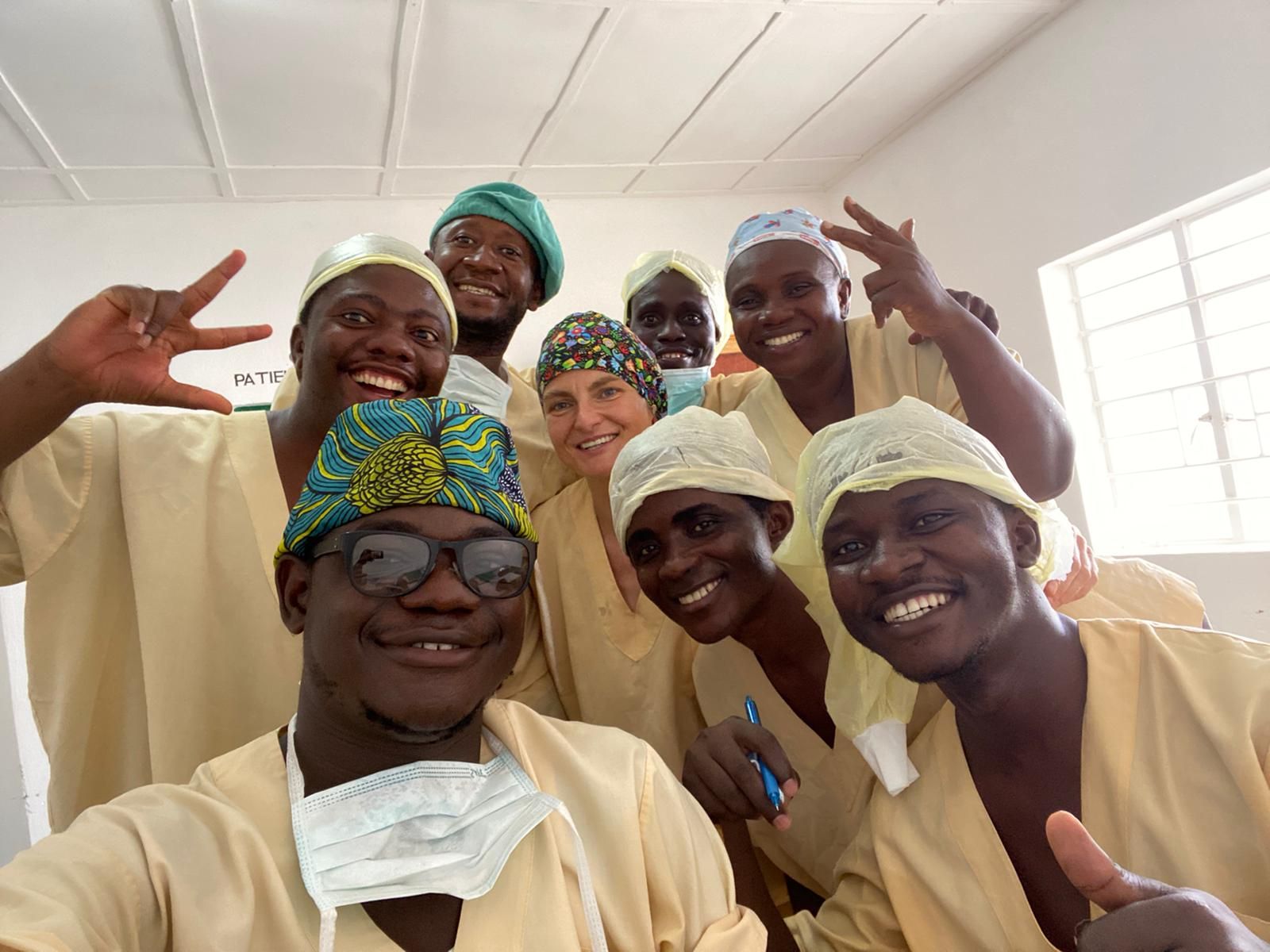
Katja Maschuw with STP-students in Masanga
- How has CapaCare impacted your life?
Katja: Working with CapaCare has changed my life fundamentally. During the work as trainer, I got a broader view on surgery in a global sense and a deeper insight in the unmet surgical needs of low-income countries. For 16 years now I have spent most of my holidays as a volunteer working in low-income countries. After the death of Erdi Huizinga in the aftermath Lassa, a deep faith-based connection with her sister Ellen developed. In this light my eyes were fully opened. I saw this passion for improving surgical care where the need is the highest did not match with how I used my time.I saw what I so deeply believed in did not match with how I lived. This created an existential tension in my life during the last year. I quit my job as robotic colorectal surgeon and decided to focus full-time on improving surgical care in low-income settings.
Juul: I really support CapaCare’s values and focus on strengthening health systems through training. With CapaCare, I get the opportunity to put this into practice, first as a trainer and now as coordinator in Liberia. In addition, the way research is applied to improve the quality of the program is an important strength of the program.
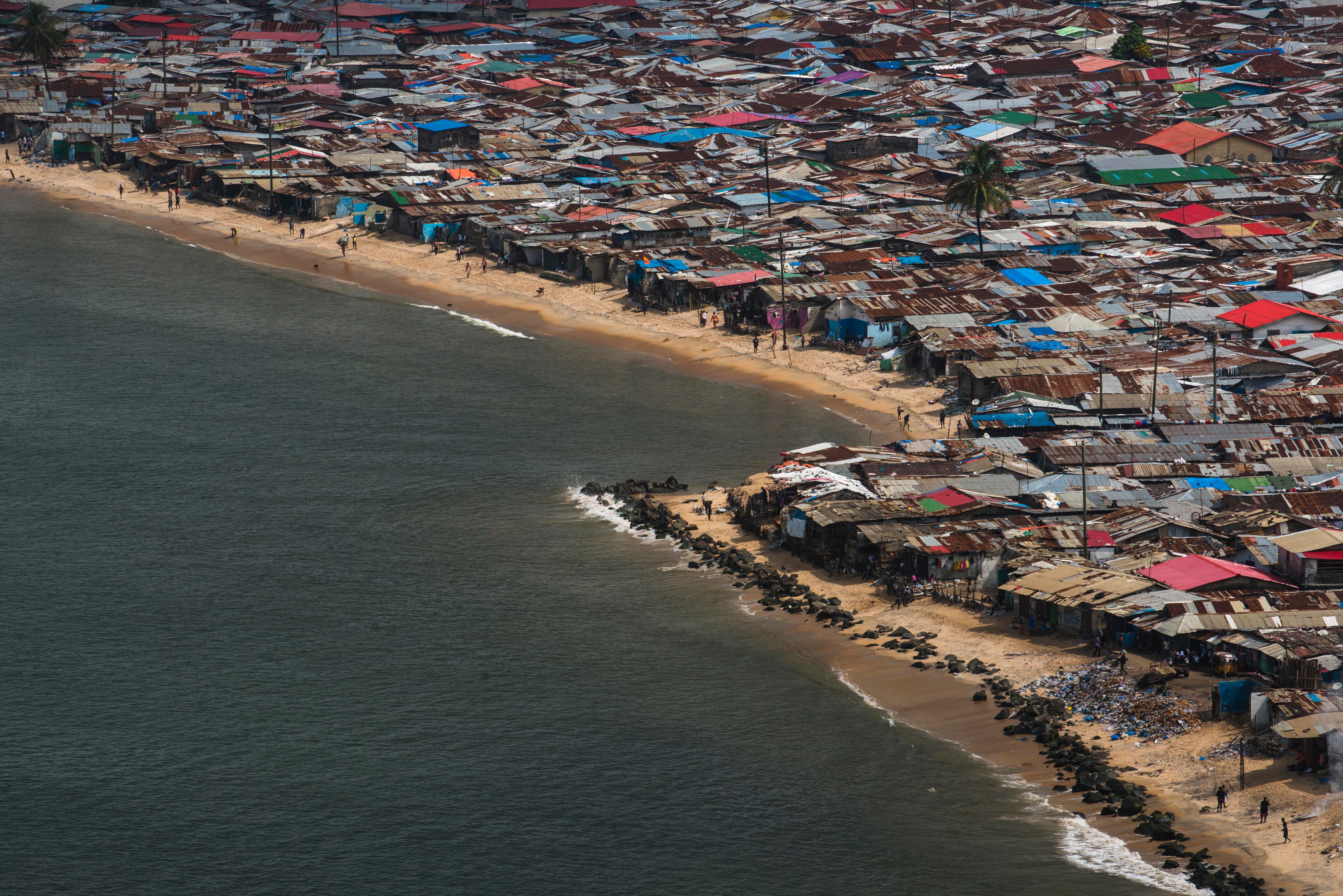
View of West-Point, Monrovia
- Can you tell one personal CapaCare story that you will never forget?
Juul: When I went for the first time to Masanga as a trainer, I met with Håkon and his family. During the evenings we met in the tree-hut behind the doctor’s house. Singing songs with the guitar, we celebrated the company we had. During these evenings, it felt as real CapaCare family.
Katja: After the Lassa outbreak the hospital was completely abandoned. The Masanga Hospital compound was like a ghost town. I went to the wards to just be with the patients who were still in quarantine. I was deeply touched just seeing the expressions of their faces. This deep joy and gratefulness that the hospital my re-open and the surgical training may continue. When I went back to the house, the students in the Surgical Training Programme came outside dancing and singing that the trainers were back! These moments let me feel so deeply the relevance and the dimension of the program.
- What is your hope for the future of CapaCare?
Juul: I hope CapaCare can continue and expand its mission to strengthen governments and countries by supporting with training in the end to increase sustainable surgical access and quality.
Katja: This concept of introducing surgical training programmes will expand, especially in the West-African area where there is highest unmet need. Liberia can be the key for the next step: an inspiration for governments and organizations.
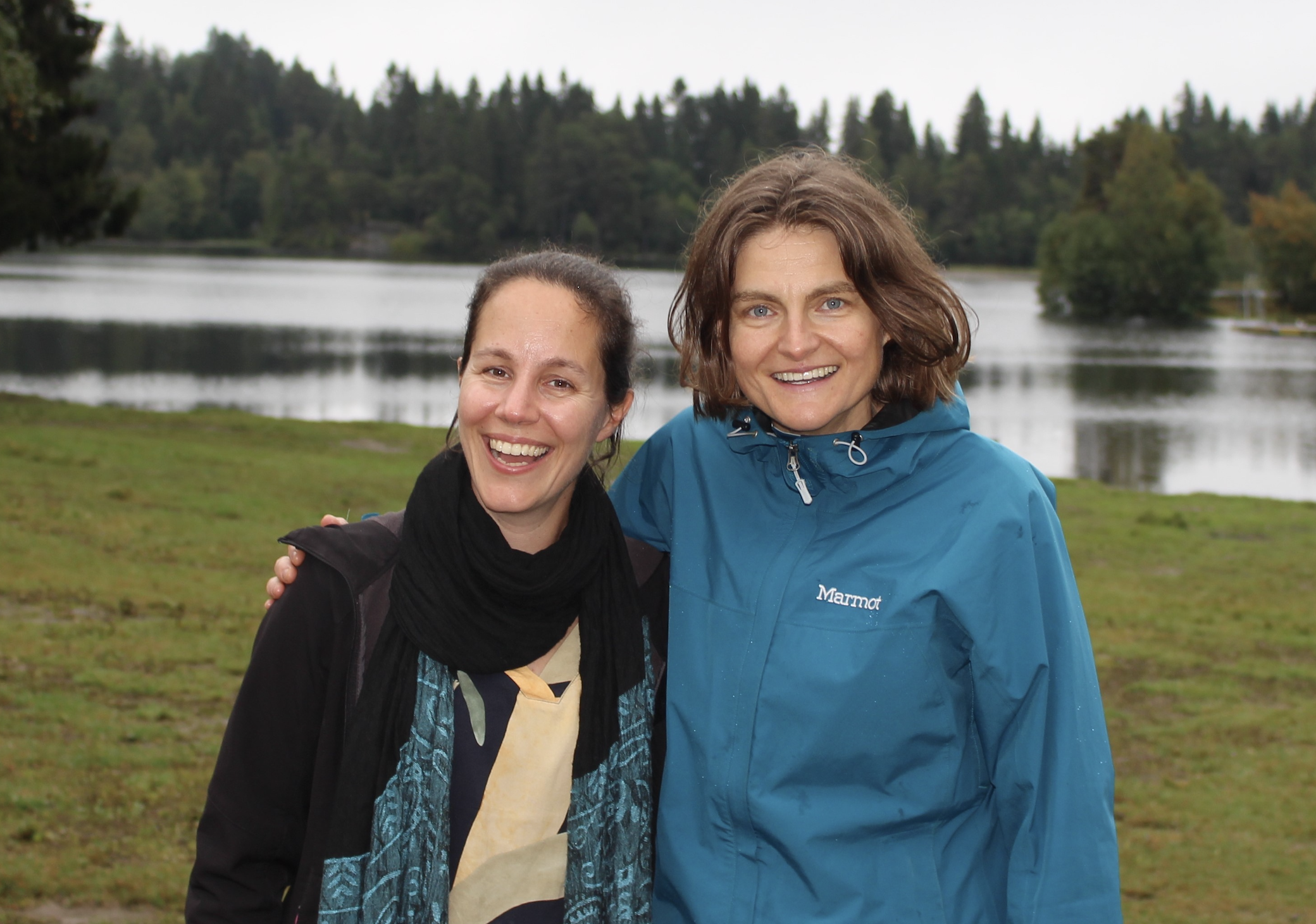
Juul and Katja on a visit to Trondheim, Norway
